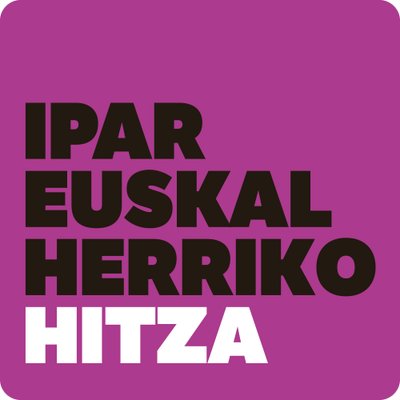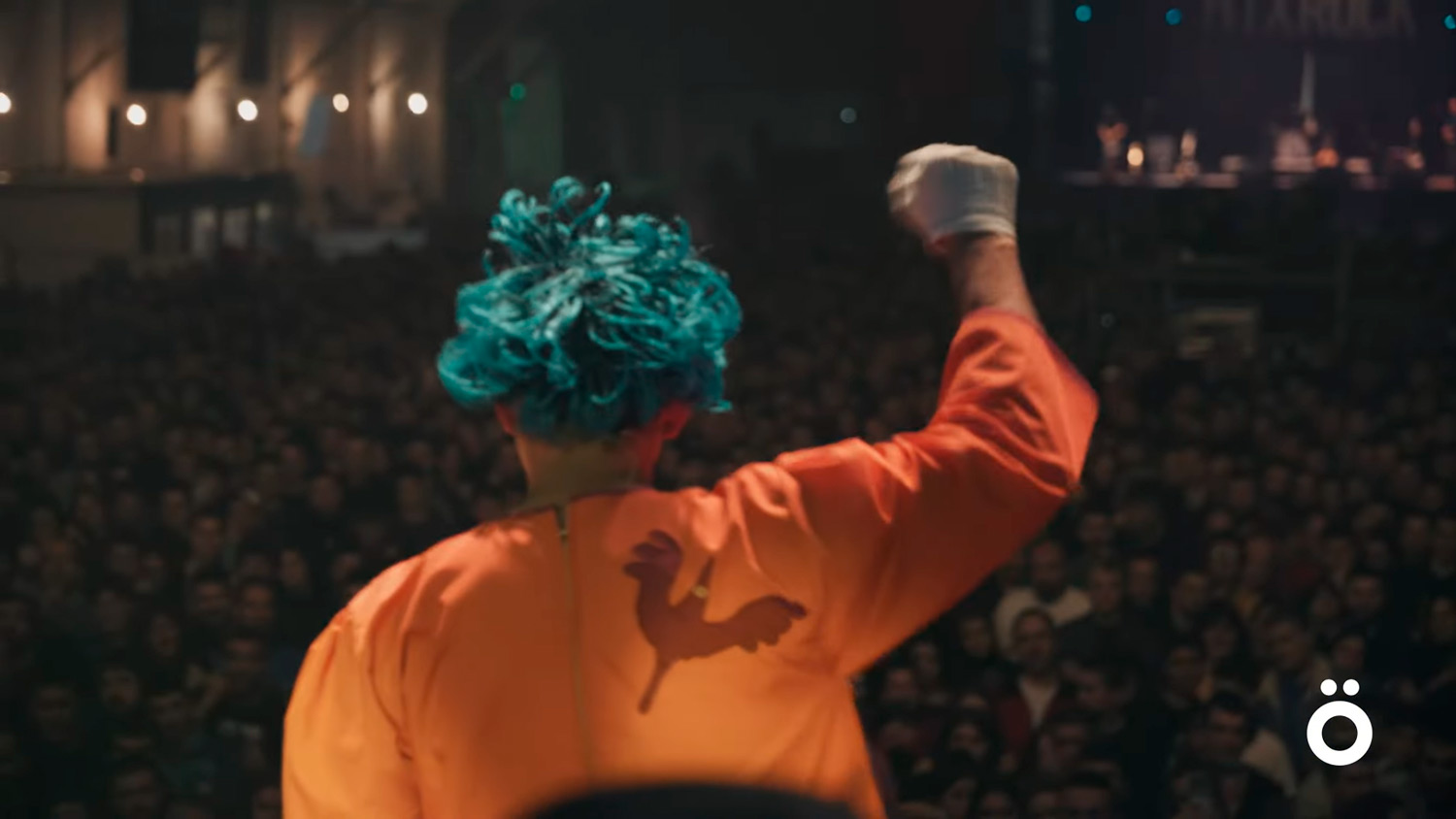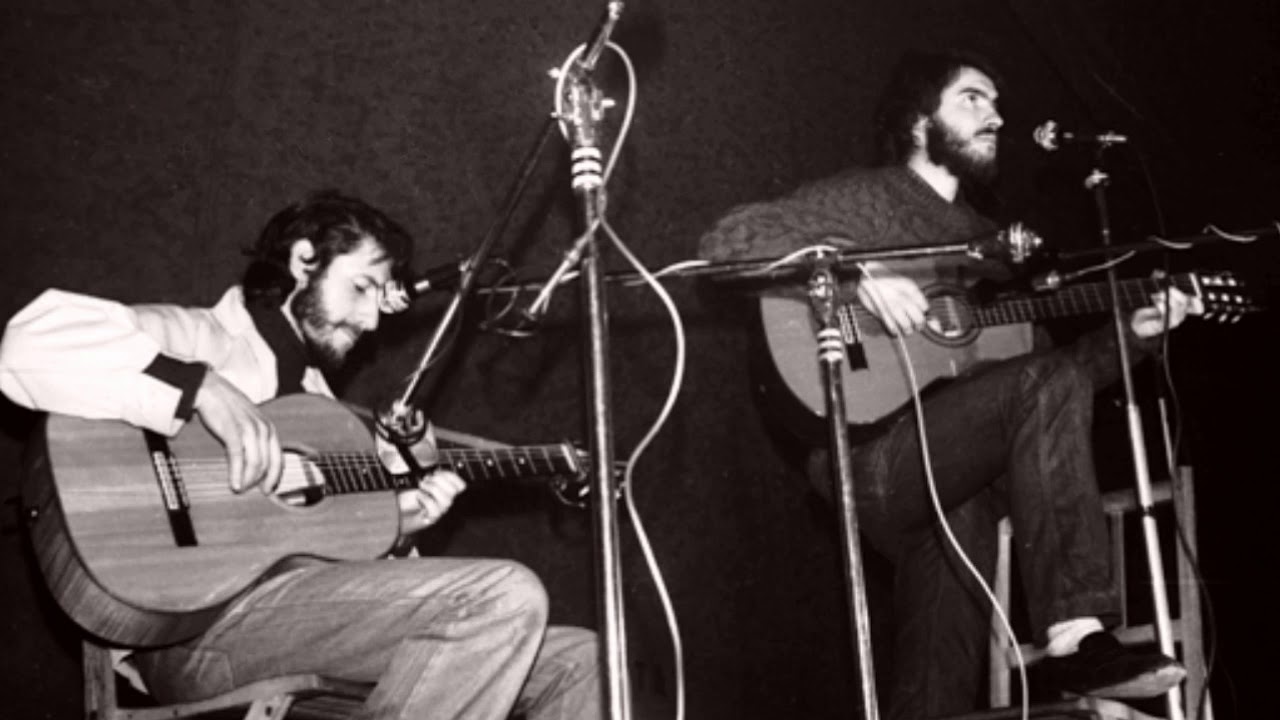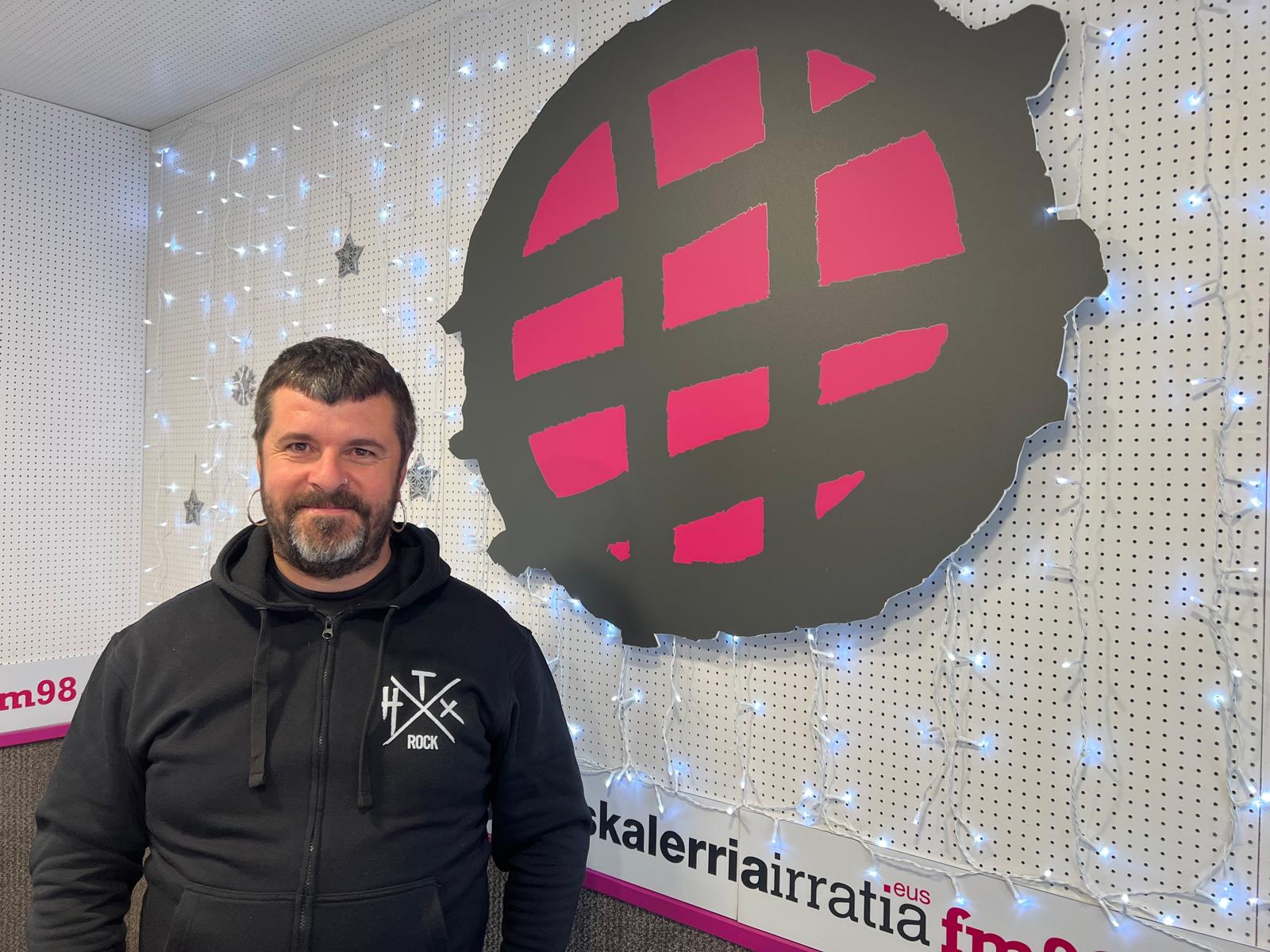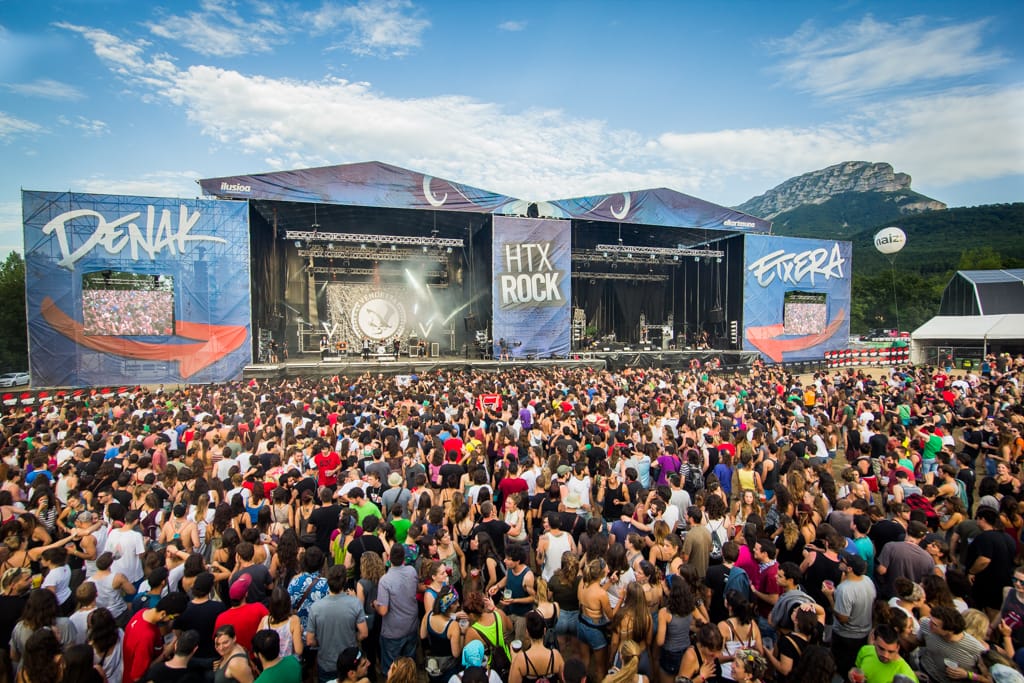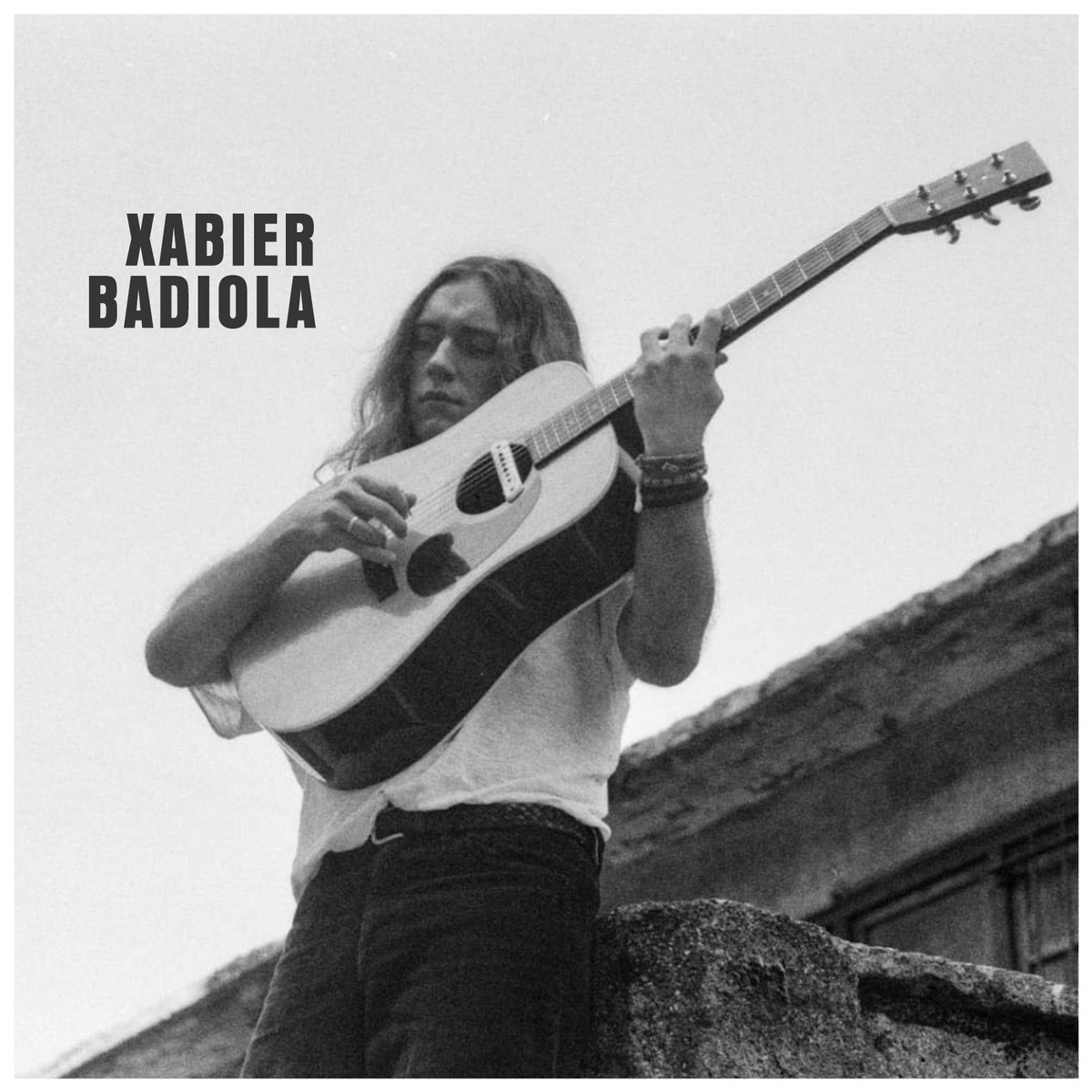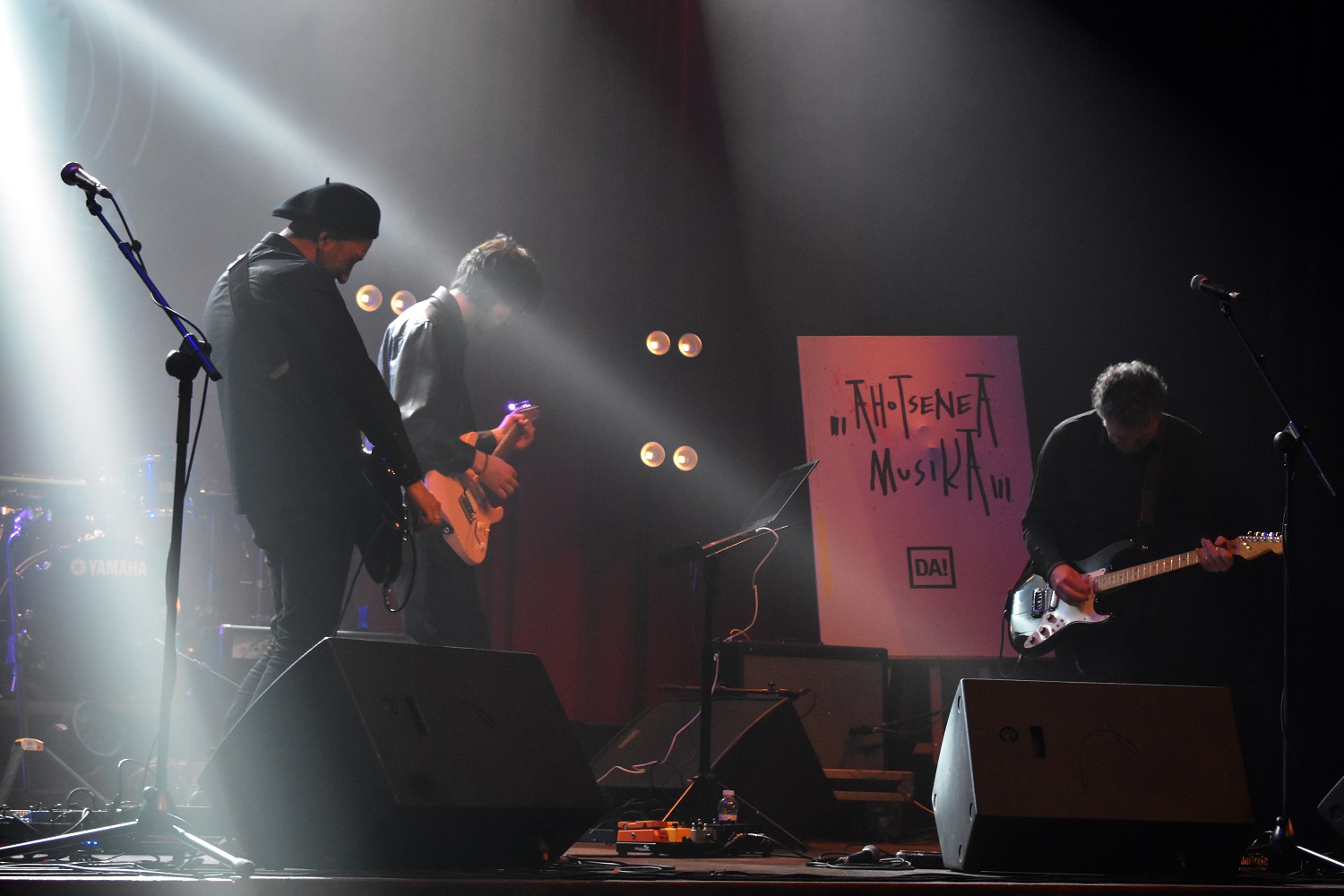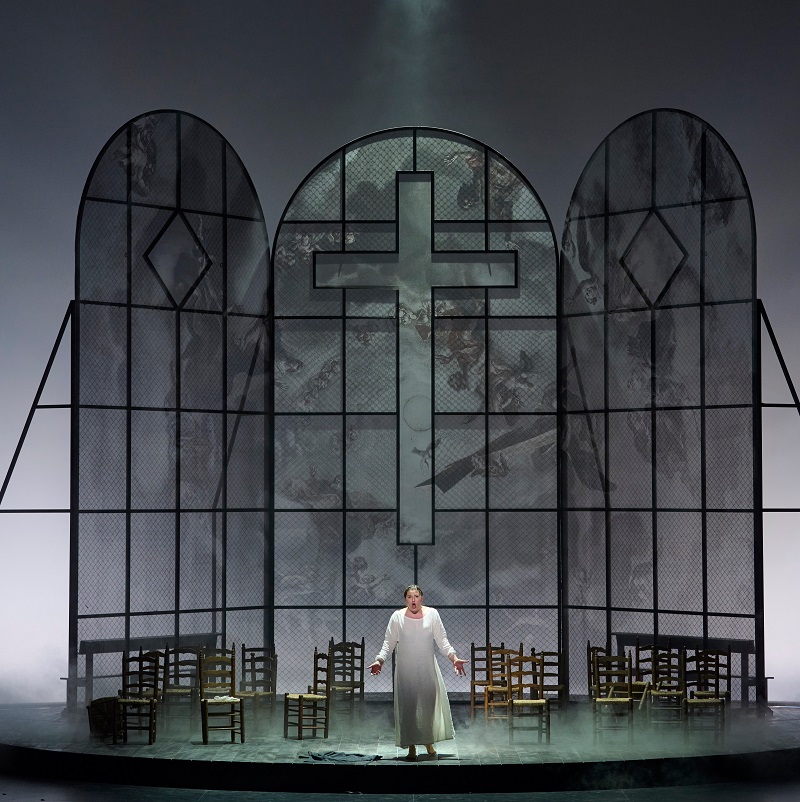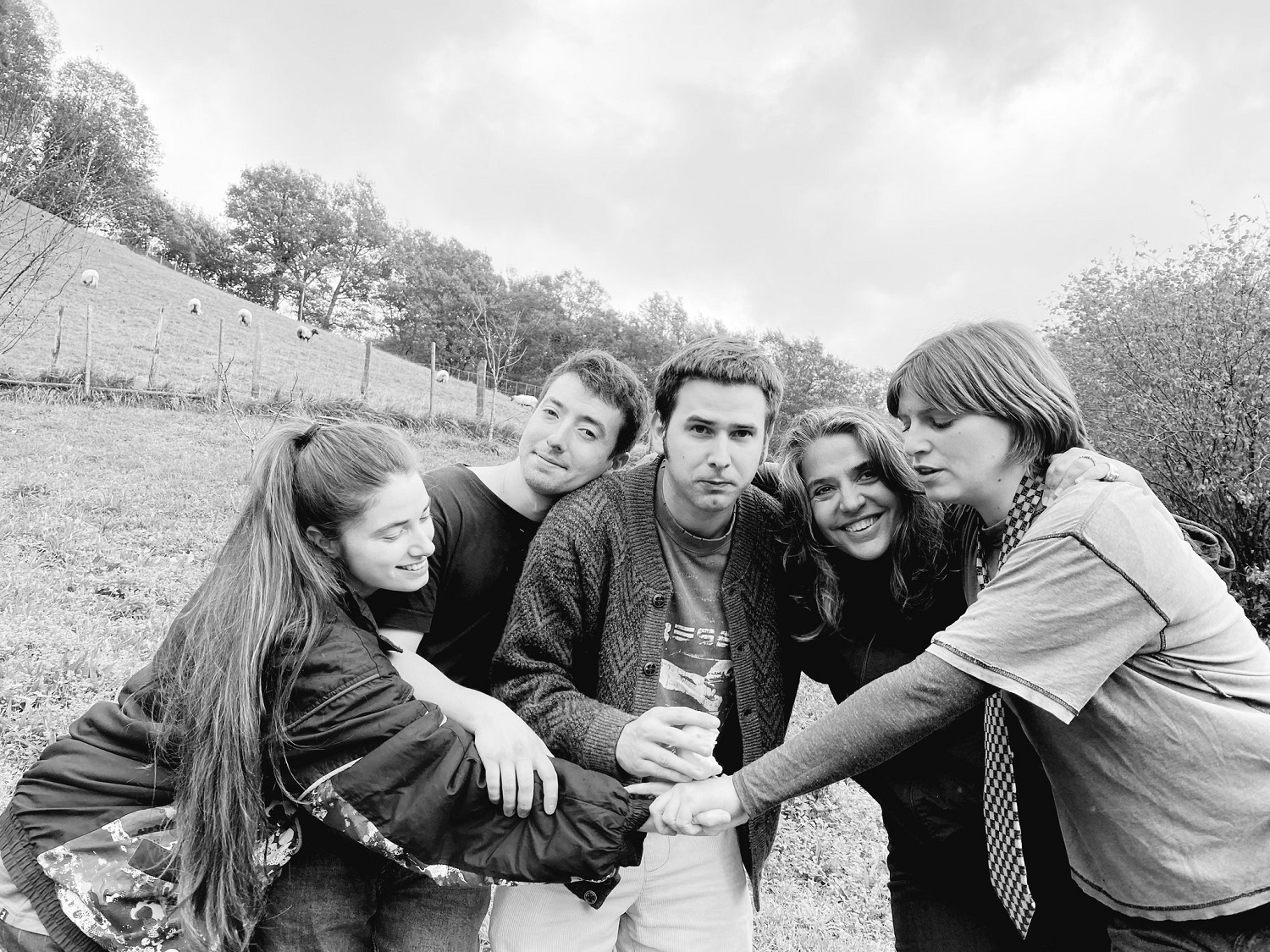"Grazing brings me more money than music"
- On Thursday it was Lambert's turn, who presented his first solo album, Fractura. He has been part of groups 667 and Seitan and, in addition to his solo career, he has been part of the Doktor Mephisto group. In summer, instead, he works as a pastor.

Hungry for theory, Ekhi Lambert (Irulegi, 1990) conducts and conducts several studies. In summer he works as a pastor in recent years, and throughout the year he is a musician. Accompanied by musicians Yoan Aroztegi and Miguel Etxeberri, he has presented his first solo album Hautsi, and is musical responsible for a dance show that Arrola, Garaztarrak and Elizondo are preparing — he writes adaptations and runs the orchestra.
He studied philosophy and then he was a pastor.
The connection is to do something more out of college. I did a year of philosophy and hesitated in summer work, walked interim and not willingly by force, nor did I have the teaching career goal for philosophy studies. So I thought about the pastor, I went to a school, in the Salon-de-Provence, and I started in the Alps three years as a pastor, in summer. Then I continued my Philosophy studies at a distance, until I was licensed.
Loving and following the pastor?
Yes, but I don't know why. I love him, but he's pretty weird, and I realize I'm eight or nine years old. I don't make any special strength except work. I'm batting a lot in music, but I do the seasons in the grazing, I do my job, and there... I pass the summers, quite happy.
Since you don't know why you like grazing, are you linked to a particular space?
No. I started three years in the Alps, traveled in the region of Provence during the winter and returned here. I lived in Berlin for a year, and as I entered, at 25, I wanted to be here. I took the music again — since I had left it — and so I wanted to do the grazing here. I arrange them with the elders for weekends, some days off, concerts and repetitions. The mountain of the Alps was magnificent, but hard enough to have social relationships and projects, knowing that the fast season of music is summer. Being here, I have a relationship with the music and the life below.
Is music another trade?
Yes, sometimes I would say it's a trade, because sometimes I've paid. For most of the jobs I do, I'm not paid. As far as work is concerned, I do the work that I like, and I see it, because at the end of the month or year I go well, if that is the case, I am enough. But it's true that the pastor brings me more money, at the moment, than music. It doesn't take me away that for me music is a trade.
With Doktor Mephistori, you propose something that didn't exist in the musical landscape here. Is that your way?
Surely it's not my way. And the blues rock music we play has been proposed by Niko Etxarte – otherwise – in Basque rock. It is true that we make versions in English, more in some soul, there are ponds… Niko Etxart is more rock, but I think here we have the habit of listening to that music. I remember in 10 years I saw a concert by Niko Etxart at the Irulegi parties; it was the first time I saw a rock concert, and I said, “That’s what I want to do.”
Are studies needed to compose music?
It is not necessary, I do not think so, but I have done so. I've been to the Baiona Conservatory and I've had writing courses. I was in traditional music with Philippe Ezkurra and I've taken the opportunity to host many theoretical courses, closer to the classic, and that I use a lot, for example [Doktor] Mephiston.
Has it been a clear choice to learn traditional music?
No, but I found someone: Philippe Ezkurra. A friend of mine talked to me about Baiona's traditional music series, which I don't go out musically to force. I've learned with Philippe how to compose what I bring and take things to the head. Tradition is at last taking your instrument -- or your voice -- and playing music as you are. From the beginning I felt that with Philippe. On the other hand, in order to enter school, the jury members had criteria that are not ours by force: I, for example, bear in mind that Mikel Laboa or Xabier Lete take the influences of those American folk songs protest, and I integrate them into tradition. When an occitan goes to court, he wants to see the flutes and the accordions. There's a rather closed point of view, which I call folk -- the gut in a traditional music aesthetic -- and another more popular one, like rock -- influencing right and left. No one has decided at one point in Euskal Herria that the aesthetic criteria are for tradition and impose on others; the things they steal were from right to left. With Philippe, we work on experimentation and how to assimilate things; how to make you pass on what you have in the casings, with their good and bad things.
You say you want to simplify things. Has it helped you do it alone?
Yes, because what is individual work? We don't work alone, a lot of people help me, but I've decided to do it on my behalf for accountability. All the responsibility for this project lies with me. If something isn't going well, it's up to me to fix things. When you're speaking on your behalf to others, you have to be simple because you have to be clear. Sometimes you have to know that you're lost. That leaves room for others, don't choke them.
What environment does the disk have?
From the point of view of influences, I've been playing a lot in video games, being in school, and I know that in music there are a lot of things coming out of there, even if it's not an electronic sound. From there I have many musical influences, although there are also influences of traditional music, pop music, blues music…
By words?
They're basically love songs that I wrote and told my friend. That is how things have gone. Maybe it's pretty weird to share the song for someone, but if I try to write a song for everyone, it doesn't make sense to me. Instead, when I talk particularly to someone, I say things. At the moment I have no choice but to write.
You've learned philosophy, music and now psychoanalysis. Do you have constant hunger with the studies?
Yes. It is also a way of getting drunk, certainly. In the books, I see a lot of stupidity, and it doesn't yield good results. But everyone needs their drugs, and my thing is that: theories, being a student... However, interesting things can happen.
FERMIN MUGURUZA 40. ANNIVERSARY
When: 21 December.
Where: Bilbao in the Arena.
-------------------------------------------
Every year Bilbao will be on the 21st of December. The cider and talo, protagonists of the day, is the day of the fair of St. Thomas. This year,... [+]
Benito Lertxundi 60 urte iraun duen kantugintza uzten zuela jakinarazi du Durangoko azoka aitzin. 2023an Gernikan grabatu zuen kontzertu baten diskoarekin bururatuko du bere ibilbide handia bezain aberatsa. Bazuen urtea hartua zuela erabakia, ez da erraza izan horren berri... [+]
Hatortxu Rock jaialdiko 29. edizioa egingo da larunbatean Atarrabian. Sarrerak jada agortuta daude, baina txandak osatzeko laguntza behar da oraindik.
Xabier Badiola
Gaztelupeko Hotsak, 2023
-------------------------------------------------
Let's see. “Current music” is called music to anything that has a box of electronic rhythms, and, of course, you can’t. In these lines we have tried to show that the labels and... [+]
TU
Where: Ahotsenea (Plateruena, Durango)
When: 8 December
-----------------------------------------
Scarves, umbrellas and eye holes are the protagonists of December 8 in Durango. On the last day of the fair they have joined at noon on Sunday and the densest winter... [+]
Novelty is usually one of the most heard words associated with the Durango Fair. The novelty is there, and here's the novelty. However, in some cases it is sufficient to give a different aspect to the previous one to paste that label. The CDs and remastered reeditions with... [+]
Il Trittico de Puccini
by: Symphony Orchestra of Navarra and Opera Choir of Bilbao.
Scene address: Paco Azorín.
Soloists: The great C. Alvarez, A. Blancas, M. Berti C. Isotton, K. Mattila, A. Ibarra, S. Esparza e I. The hotel.
Where: Euskalduna Palace of Bilbao.
... [+]
Anari + Belako When:
5 December.
Where: Sala Zentral de Pamplona.
-----------------------------------------------
I remember that the first time I saw Belako live was in the first month of Erasmus. I didn't go to see them, but a concert that was finally suspended. In return,... [+]
Nick Linbött
Nick Linbött
Kaset Productions, 2024
------------------------------------------------
With the vintage comic suit, the beginning of rock and roll and the experiences of the Cold War witnessed some of the generation characters who, with a ferocious... [+]



